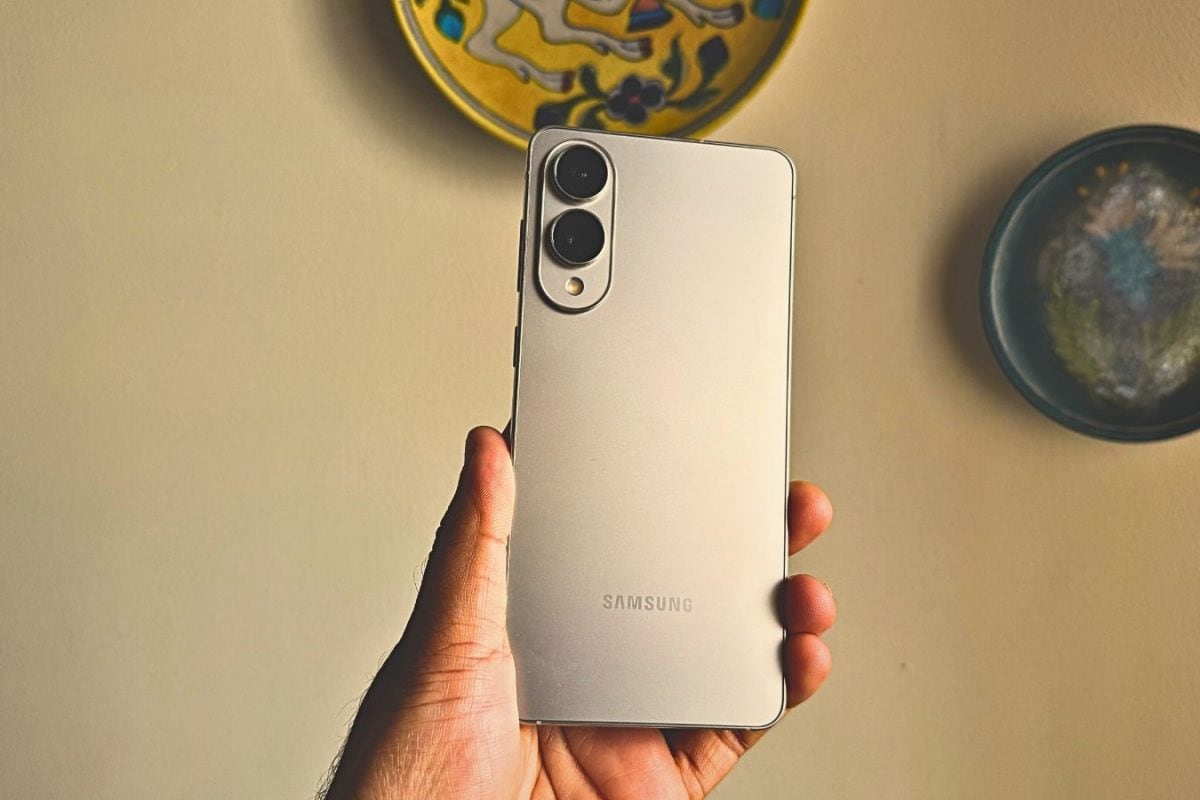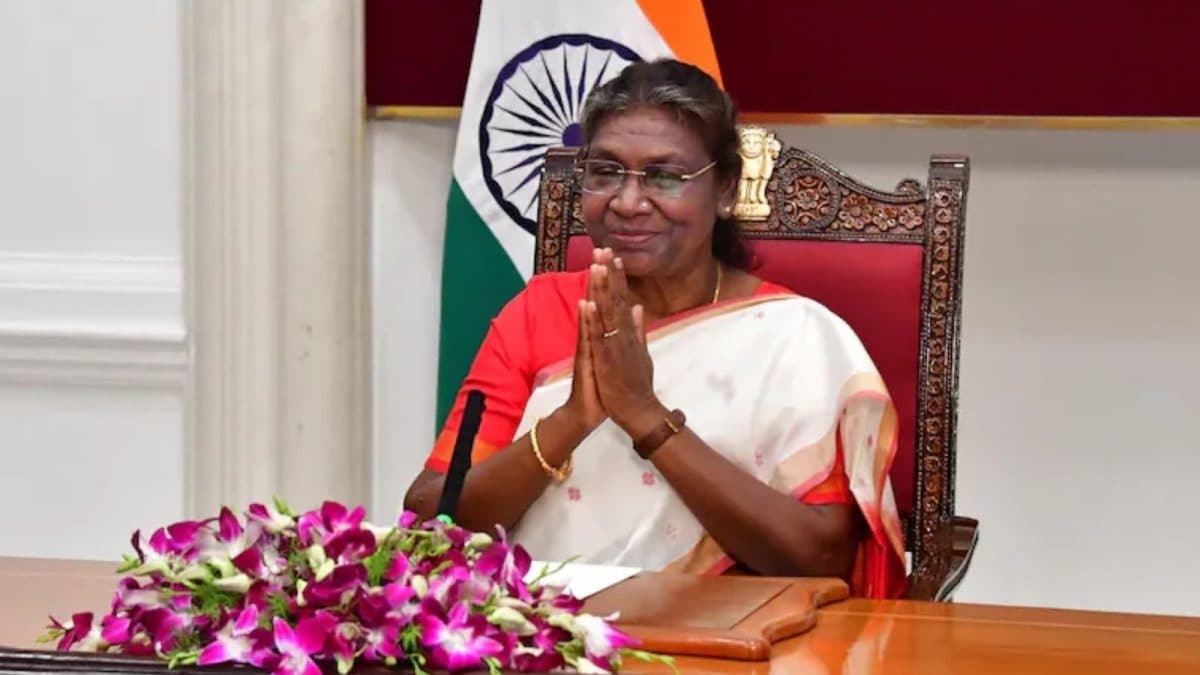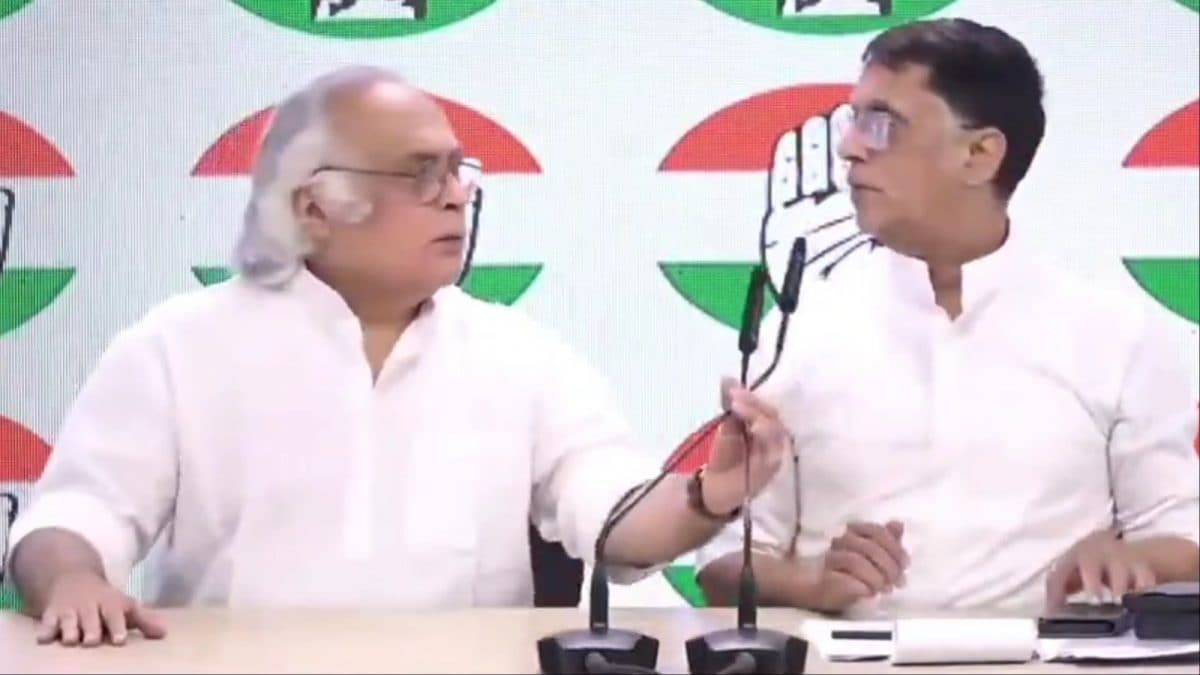Sugar boards and their importance in schools: Know all about CBSE’s healthy initiative
Indulging sugary products in the market that are dangerous for children is leading to an alarming trend of Type 2 diabetes, once only prevalent in adults and the elderly, which is now more common among children.In a bid to control sugar intake among school-going children, the Central Board of Secondary Education (CBSE) recently instructed over 24,000 affiliated schools across India to establish ‘sugar boards’, where information is displayed for educating students about the risks of excessive sugar intake.“Establish ‘Sugar Boards’ where information is displayed for educating students about the risks of excessive sugar intake. These boards should provide essential information, including the recommended daily sugar intake, the sugar content in commonly consumed foods (unhealthy meals such as junk food, cold drinks, etc.), health risks associated with high sugar consumption, and healthier dietary alternatives. This will educate students about informed food choices and promote long-term health benefits among students,” said CBSE on May 14.The CBSE has directed a brief report and photographs regarding sugar boards from schools by July 15, 2025. The central body has also directed to organise awareness, seminars and workshops in this regard.What are sugar boards?Food & beverage brands in the market under the guise of ‘nutritious and healthy’ often sell products with sugar contents that are dangerous for children.With the help of sugar boards, students will ascertain the importance of dietary control to avoid serious health risks.Sugar boards provide essential information, including recommended sugar intake, the sugar content in commonly consumed foods (such as junk food and cold drinks), health risks associated with high sugar consumption and healthier dietary alternatives.Why are sugar boards necessary?The World Health Organisation (WHO) recommends a reduced intake of added sugar throughout one’s life. In both adults and children, WHO recommends reducing the intake of free sugars to less than 10% of total energy intake. The UN health body suggests a further reduction of the intake of free sugars to below 5% of total energy intake.“Studies have indicated that sugar constitutes 13% of daily calorie intake for children aged 4 to 10 years, and 15% for those aged 11 to 18 years, substantially exceeding the recommended limit of 5%,” as per CBSE’s letter.The CBSE noted that the “proliferation of sugary snacks, beverages, and processed foods, often readily available in school environments, contributes significantly to this excessive intake”.The new Sugar Board will educate students about informed food choices and promote long-term health benefits among students, it said.In addition to the risk of diabetes, the excessive consumption of sugar also contributes to obesity, dental problems, and other metabolic disorders, ultimately impacting children’s long-term health and academic performance.During his Sunday’s Mann Ki Baat, Prime Minister Narendra Modi lauded CBSE’s directive mandating schools affiliated with the board across the country to install ‘Sugar Boards’ to educate students about the risks of excessive sugar consumption.“This is a unique effort, and its impact will be very positive. It can prove to be extremely helpful in fostering healthy lifestyle habits from childhood,” he said.


Indulging sugary products in the market that are dangerous for children is leading to an alarming trend of Type 2 diabetes, once only prevalent in adults and the elderly, which is now more common among children.
In a bid to control sugar intake among school-going children, the Central Board of Secondary Education (CBSE) recently instructed over 24,000 affiliated schools across India to establish ‘sugar boards’, where information is displayed for educating students about the risks of excessive sugar intake.
“Establish ‘Sugar Boards’ where information is displayed for educating students about the risks of excessive sugar intake. These boards should provide essential information, including the recommended daily sugar intake, the sugar content in commonly consumed foods (unhealthy meals such as junk food, cold drinks, etc.), health risks associated with high sugar consumption, and healthier dietary alternatives. This will educate students about informed food choices and promote long-term health benefits among students,” said CBSE on May 14.
The CBSE has directed a brief report and photographs regarding sugar boards from schools by July 15, 2025. The central body has also directed to organise awareness, seminars and workshops in this regard.
What are sugar boards?
Food & beverage brands in the market under the guise of ‘nutritious and healthy’ often sell products with sugar contents that are dangerous for children.
With the help of sugar boards, students will ascertain the importance of dietary control to avoid serious health risks.
Sugar boards provide essential information, including recommended sugar intake, the sugar content in commonly consumed foods (such as junk food and cold drinks), health risks associated with high sugar consumption and healthier dietary alternatives.
Why are sugar boards necessary?
The World Health Organisation (WHO) recommends a reduced intake of added sugar throughout one’s life. In both adults and children, WHO recommends reducing the intake of free sugars to less than 10% of total energy intake. The UN health body suggests a further reduction of the intake of free sugars to below 5% of total energy intake.
“Studies have indicated that sugar constitutes 13% of daily calorie intake for children aged 4 to 10 years, and 15% for those aged 11 to 18 years, substantially exceeding the recommended limit of 5%,” as per CBSE’s letter.
The CBSE noted that the “proliferation of sugary snacks, beverages, and processed foods, often readily available in school environments, contributes significantly to this excessive intake”.
The new Sugar Board will educate students about informed food choices and promote long-term health benefits among students, it said.
In addition to the risk of diabetes, the excessive consumption of sugar also contributes to obesity, dental problems, and other metabolic disorders, ultimately impacting children’s long-term health and academic performance.
During his Sunday’s Mann Ki Baat, Prime Minister Narendra Modi lauded CBSE’s directive mandating schools affiliated with the board across the country to install ‘Sugar Boards’ to educate students about the risks of excessive sugar consumption.
“This is a unique effort, and its impact will be very positive. It can prove to be extremely helpful in fostering healthy lifestyle habits from childhood,” he said.
What's Your Reaction?



































































